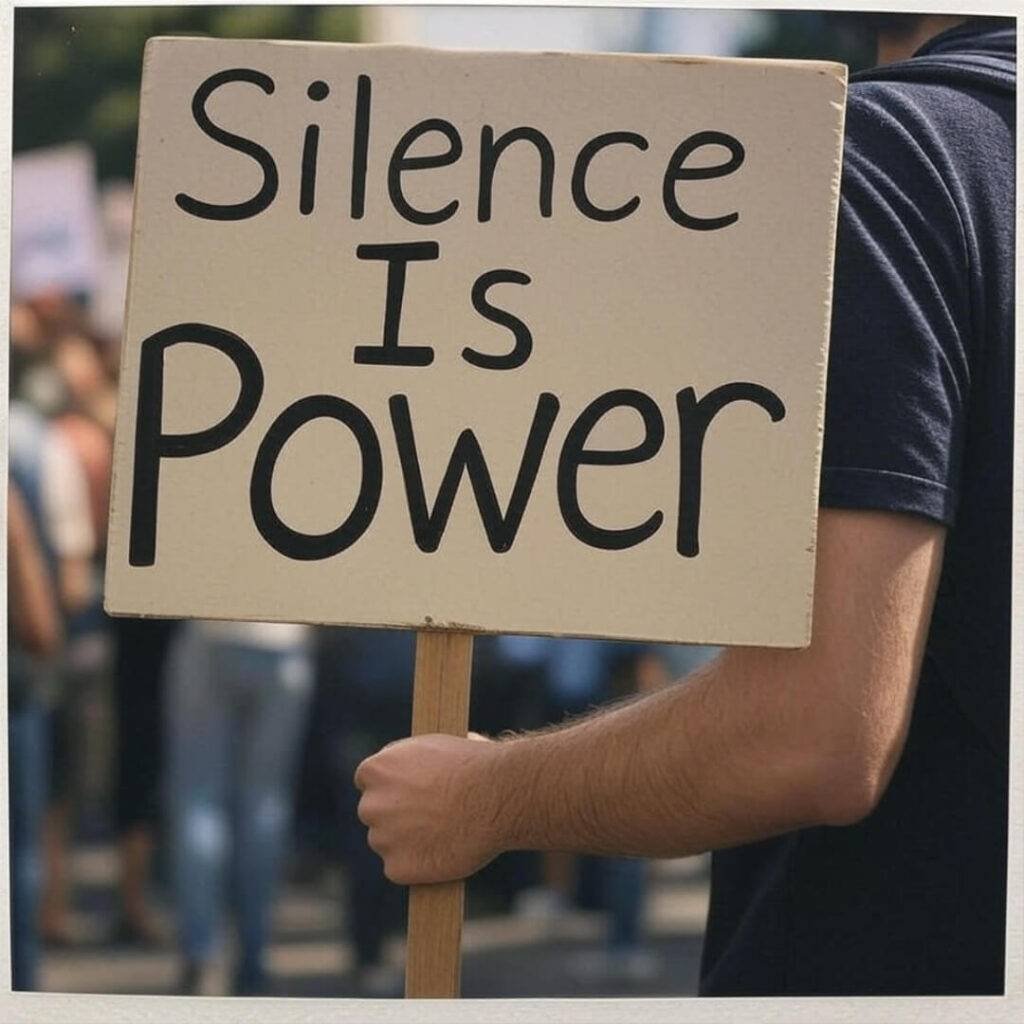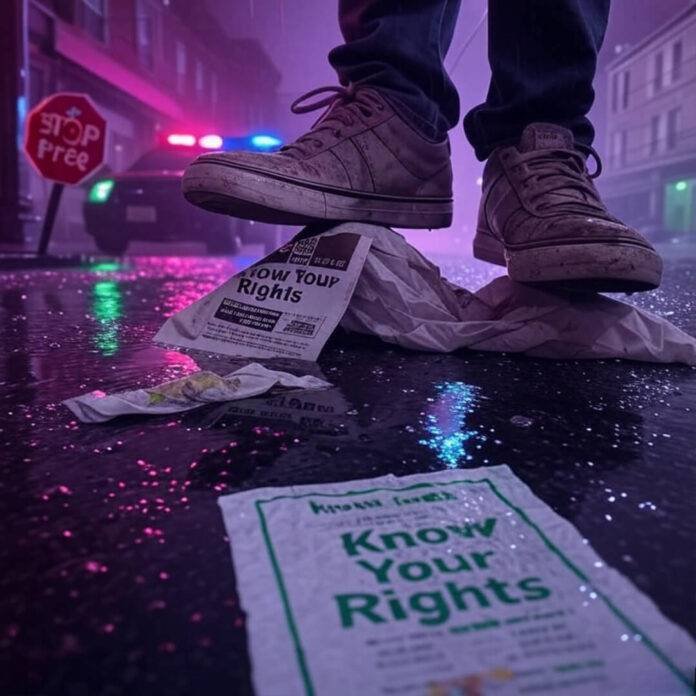Know your rights, dude; that’s what I wish I’d had tattooed on my brain before I got stopped by a cop in Philly a few weeks back. I’m sitting in my tiny apartment, the radiator’s banging like it’s possessed, and my coffee mug’s got this gross ring from yesterday—ugh, I’m a mess. My cat’s sprawled on the couch, glaring like I owe her treats. So, here’s the deal: I’m walking home from grabbing a late-night cheesesteak, earbuds blasting some random playlist, when those cop lights hit me like a horror movie jump scare. I legitimately tripped over my own feet, dropped my phone in a puddle, and started babbling like a total dork. Here’s my sloppy, kind of embarrassing rundown of the 7 rights you need to know when stopped by the police, straight from my frazzled, human brain.
Why You Have to Know Your Rights During a Police Stop
I used to think “know your rights” was just something you’d see on X or yelled at protests for likes. But when you’re stuck on a wet sidewalk, heart pounding like it’s trying to bolt, you’ll wish you’d paid attention. That night, I was so nervous I forgot I could say no to a search—yep, I’m that guy. Knowing your rights when pulled over isn’t about being a jerk; it’s about keeping yourself safe. The ACLU has a solid guide, but I’m going to spill my guts on this from my shaky perspective.
Right #1: You Can Zip It
You don’t have to talk, like, at all. Well, mostly. I learned this the hard way when I started rambling about my cheesesteak order and where I worked—cringe. The cop just stared, probably thinking I was a nutcase. You can say, “I’m staying quiet,” all calm and polite. You have to give your name if they ask, especially if you’re driving, but you don’t owe them your life story. FindLaw spells it out. Man, I wish I’d kept my mouth shut.
Right #2: You Can Say No to Searches
This one’s a biggie, and I totally screwed it up. You don’t have to let cops dig through your car, bag, or pockets unless they’ve got a warrant or some real reason. I just shrugged and said, “Sure, go for it,” when they asked to check my bag. It was just old receipts and a squished protein bar, but I felt so stupid after. Next time, I’m saying, “I don’t consent to that.” It’s not about hiding stuff; it’s about knowing your rights when stopped by cops. The Legal Aid Society has great tips.

When a Cop Stop Feels Like It’s Going to Go Bad
Sometimes, a police stop feels like it’s about to spiral into chaos, and you’re just trying not to totally lose your cool. That night, I kept thinking, “Am I in trouble for just walking home?” Knowing your rights when stopped by police is like having a lifeline. Here’s where I messed up and what I’d do differently.
Right #3: You Can Ask to Leave
This one’s so easy it feels like a hack. You can just ask, “Am I free to go?” If they say yes, you’re out of there. If they say no, they need a legit reason, like they think you did something. I didn’t know this, so I just stood there, sweating through my hoodie, while the cop asked me random crap. I found this on Nolo. Knowing your rights during a cop stop can save you from feeling like a trapped rat.
Right #4: You Can Record the Whole Thing
You can totally record cops in public, as long as you’re not, like, shoving your phone in their face. I wish I’d pulled mine out, but I was too busy trying not to drop my cheesesteak. Recording keeps everyone honest, and it’s legal in most places. Just keep it chill. The Electronic Frontier Foundation has a dope guide. I’m still mad I didn’t hit record—ugh.

Keeping It Together Without Making It Worse
I’m no expert, just a guy who gets sweaty palms and laughs like an idiot when I’m nervous. Knowing your rights when stopped by police is about staying calm while standing up for yourself. It’s hard when you’re freaking out, trust me.
Right #5: You Don’t Have to Answer Immigration Questions
Cops can’t just hassle you about immigration status without a good reason. Once, a cop asked me, “Are you from around here?” and I didn’t know I could say, “I’m not answering.” This is huge for folks in mixed communities. The National Immigration Law Center explains it better than I can.
Right #6: You Can Ask for a Lawyer
If you get arrested, you can demand a lawyer. I didn’t get that far, thank God, but I was so paranoid I kept thinking, “What if I end up in cuffs?” You can say, “I want a lawyer,” and they have to back off. I learned this from binging cop dramas, but it’s real—check Cornell Law. Knowing your rights during a police stop means you’re ready if it goes south.
Right #7: You Can Complain After
If the cop’s being a jerk, you can file a complaint later. I didn’t know this, so when the cop got kind of pushy, I just took it. Now I know I could’ve written down their badge number and reported it. Philly’s got an online form for this—check Philly’s Complaint Process. Knowing your rights when stopped by cops means you can hold them accountable.

Wrapping Up My Chaotic Thoughts on Knowing Your Rights
Look, I’m no lawyer—just a dude who got spooked and learned the hard way. Knowing your rights when stopped by police is like having a secret weapon; it doesn’t make you bulletproof, but it helps you stand taller. I still get jumpy thinking about that night, the way the cop’s flashlight made my soaked sneakers glow like some alien artifact. My advice? Save the ACLU guide on your phone, practice saying “I don’t consent” in the mirror, and don’t drop your phone in a puddle like me. Got a story about a cop stop or something I missed? Drop it below or hit me up on X—I’m listening.




